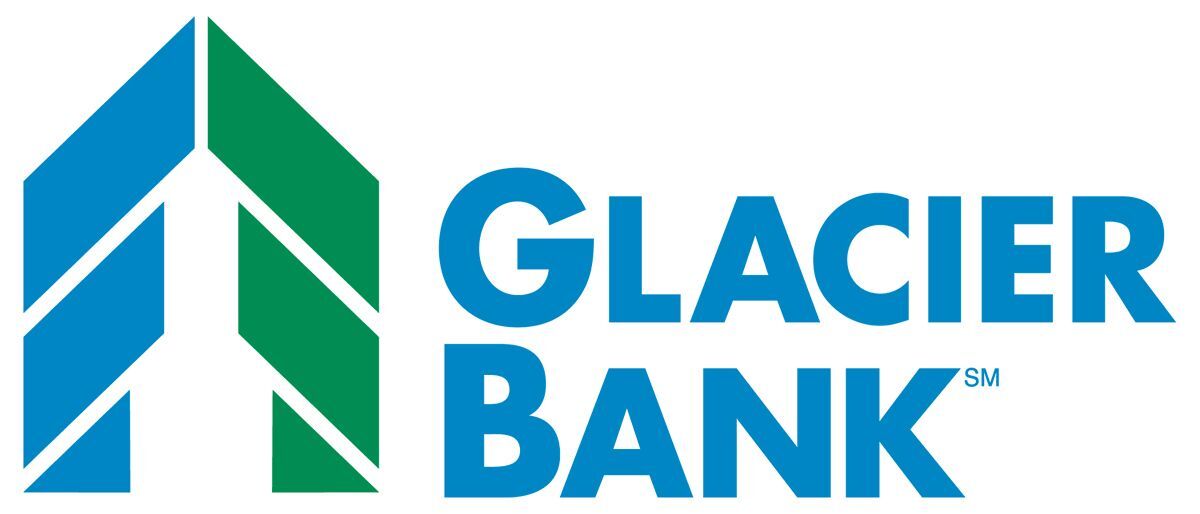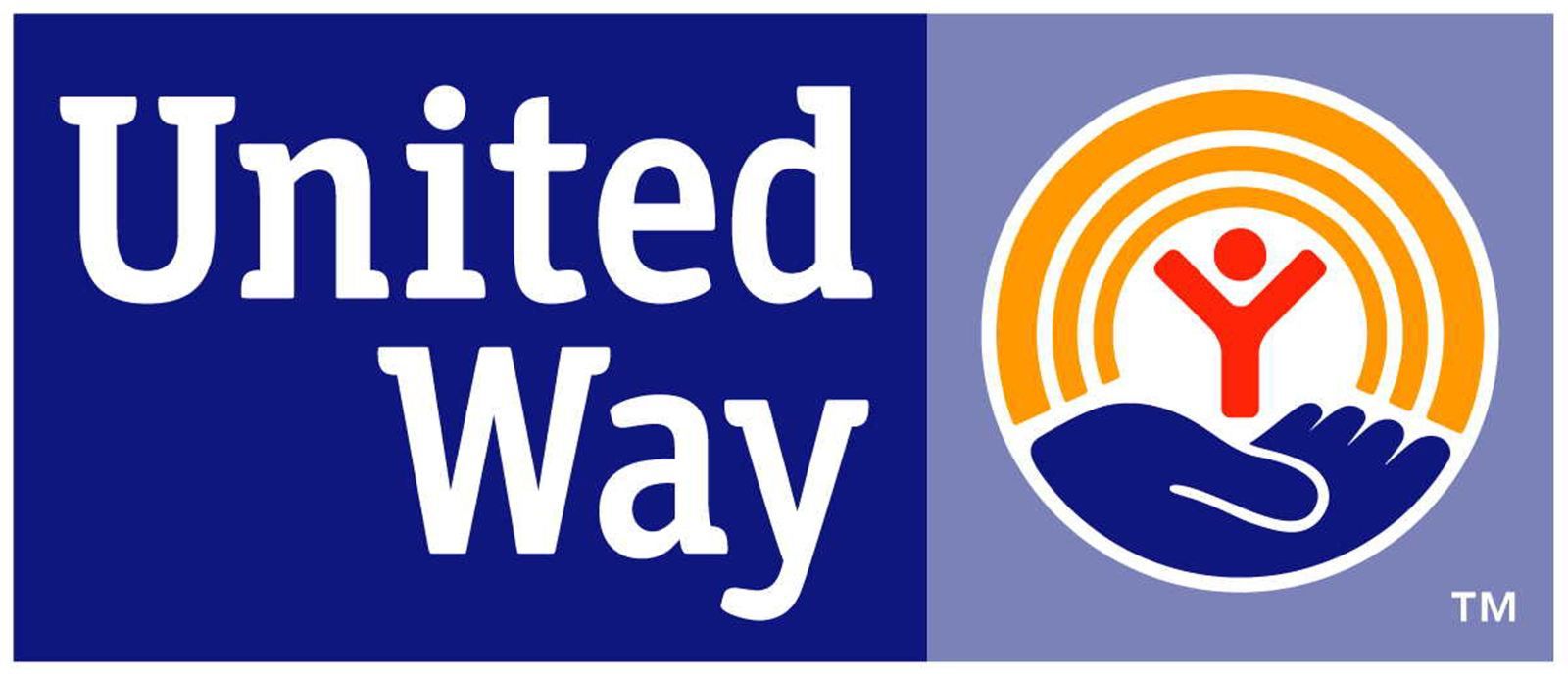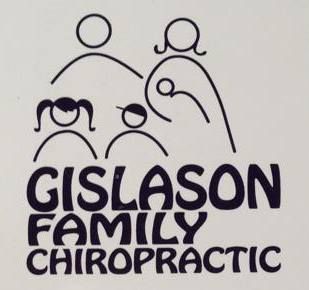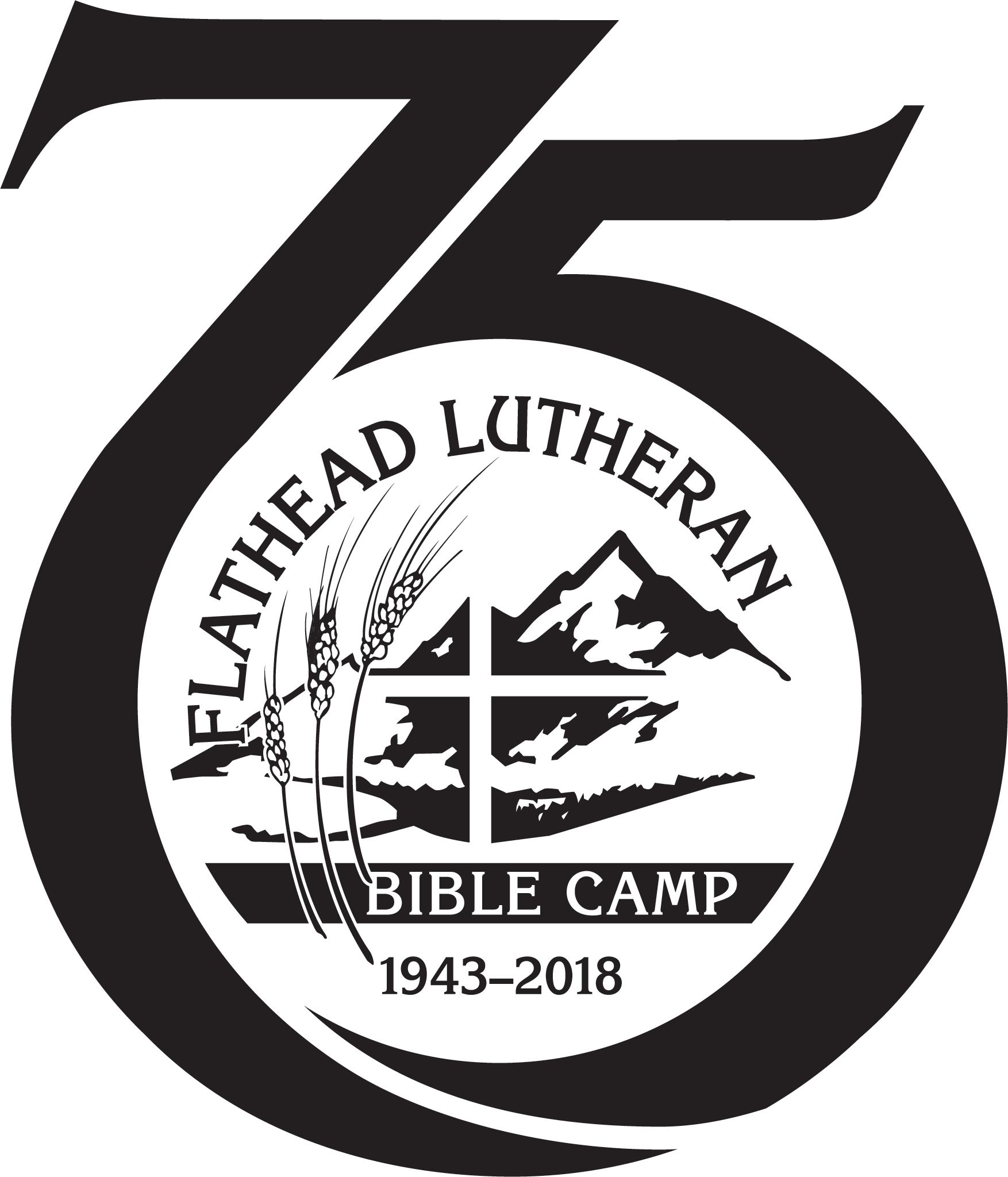
This section is a compilation of answers to the questions most commonly asked by our constituents. Just start by following one of the links below. If you can’t find the question you wanted to ask, don’t hesitate to contact us.
- What is a CASA volunteer?
- Who does a CASA help?
- What is the role of a CASA volunteer?
- Why does CASA make a difference?
- How do CASA volunteers investigate a case?
- How are CASA volunteers different from social service caseworkers?
- How are CASA volunteers different from attorneys?
- Is there a "typical" CASA volunteer?
- How do CASA volunteers advocate for children?
- How many cases does a CASA volunteer carry at a time?
- Do lawyers, judges and social caseworkers support CASA?
- Does the federal government support CASA?
- How many CASA programs exist?
- How effective are CASA programs?
- How much time is required to volunteer?
- What support do volunteers receive?
- What if I don’t have time to be a CASA?
- Donate Online Now
- In-Kind Giving
- How long does a CASA volunteer remain involved?
- What children are assigned CASA volunteers?
- What does the National CASA Association provide?
-
What is a CASA volunteer?
A Court Appointed Special Advocate (CASA) volunteer is a trained citizen who is appointed by a judge to represent the best interests of a foster child – a child who is under the court’s protection because of abuse or neglect.
-
Who does a CASA help?
Foster children are victims of severe abuse or neglect who have become dependents of the Court. Our local office serves approximately 300 foster children each year. CASAs are assigned to foster children of all ages, races and ethnicities. Since CASA volunteers are typically assigned the most challenging cases, many “CASA kids” have learning disabilities, physical disabilities, severe emotional and mental problems. Some are typical kids caught up in difficult situations. All of them could use the help of someone who cares about them.
-
What is the role of a CASA volunteer?
A CASA volunteer provides a judge with a report based off an independent investigation of the child’s circumstances to help the court make a sound decision about that child's future. Each home placement case is as unique as the child involved. The CASA monitors the child’s case to ensure that all court orders are followed. CASAs also help coordinate services for the child, help professionals work together on the child’s behalf, and research services that will benefit the child.
-
Why does CASA make a difference?
In an overloaded and bureaucratic system, the CASA can be the one person focused solely on the child’s needs and concerns. By providing a voice for the child, a CASA can be the difference between a system that is cold and impersonal and one that helps the child flourish. Having a CASA to talk to, to help, to lean on, to provide consistency and concern in what is often a confusing and indifferent world, gives children hope. A CASA volunteer offers a child someone to trust and feel safe with during complex, and sometimes frightening, legal proceedings. The CASA explains complicated court hearings to the child, supports them in court and explains all the various people involved in the child’s case. A CASA volunteer also listens to the child’s desires and makes them known to the court, although the CASA will always make recommendations in the child’s best interests. The CASA volunteer is often the most stable presence in a foster child’s life and for many foster children, the CASA volunteer is the only person who is not paid to care for them.
-
How do CASA volunteers investigate a case?
To prepare a recommendation, the CASA volunteer talks with the child, parents, family members, social workers, school officials, health providers and others who are knowledgeable about the child's history. The CASA volunteer also reviews all records pertaining to the child−school, medical, case worker reports and other documents.
-
How are CASA volunteers different from social service caseworkers?
Social workers generally are employed by state governments sometimes working on as many as 60 to 90 cases at a time; they are frequently unable to conduct a comprehensive investigation of each case. The CASA volunteer has more time and a smaller caseload (average of 1-2 cases) to investigate a case. The CASA volunteer does not replace a social worker on a case; they are an independent appointee of the court. The CASA volunteer thoroughly examines a child's case, knows about various community resources and makes recommendations to the court, independent of state-agency restrictions.
-
How are CASA volunteers different from attorneys?
The CASA volunteer does not provide legal representation in the courtroom−that is the role of the attorney. However, the CASA volunteer does provide crucial background information that assists attorneys in presenting their cases. It is important to remember that CASA volunteers do not represent a child's wishes in court. Rather, they speak for the child's best interests.
-
Is there a "typical" CASA volunteer?
CASA volunteers are ordinary people who are concerned about the happiness and safety of all children. They come from all walks of life and possess a variety of professional, educational and ethnic backgrounds. There are more than 85,000 CASA volunteers nationally. Local programs vary in number of volunteers they utilize. Aside from their CASA volunteer work, 64 percent are employed in full- or part-time jobs; the majority tend to be professionals with 58% college or university graduates. The majority (82%) of the volunteers nationwide are women. All volunteers must be at least 21, pass our background checks and successfully complete our extensive training program, CASA University.
-
How do CASA volunteers advocate for children?
CASA volunteers offer children trust and advocacy during complex legal proceedings. They help explain to the child the events happening involving the case, reasons they are in court and the roles of the judge, lawyers and case workers. While remaining objective observers, CASA volunteers also encourage the child to express his or her own opinion and hopes about the case.
-
How many cases does a CASA volunteer carry at a time?
The number varies from jurisdiction to jurisdiction. In Flathead County the average caseload is one or two cases. However, each case is a family group and can include multiple siblings.
-
Do lawyers, judges and social caseworkers support CASA?
Yes. CASA for Kids has considerable respect within the child welfare system. All four District 11 judges fully support CASA for Kids and have often commended our volunteers on their dedication and insight. Case workers, attorneys, teachers, physicians and other professionals cooperate with the advocates because they know our volunteers undergo extensive training and maintain objectivity as officers of the court. Nationally, CASA has been endorsed by the American Bar Association, the National Council of Juvenile and Family Court Judges, and the Office of Juvenile Justice and Delinquency Prevention of the U.S. Department of Justice.
-
Does the federal government support CASA?
CASA is a priority project of the Department of Justice's Office of Juvenile Justice and Delinquency Prevention. The office encourages the establishment of new CASA programs, assists established CASA programs, and provides partial funding for the National CASA Association.
The Montana State Legislature supports CASA financially through the State Judicial Budget. The support that CASA for Kids receives from this source provides less than 20% of our annual operating expenses.
-
How many CASA programs exist?
There are now 930 CASA programs throughout all the states across the country, including Washington DC, and the U.S. Virgin Islands.
-
How effective are CASA programs?
Preliminary findings show that children who have been assigned CASA volunteers tend to spend less time in court and less time in the foster care system than those who do not have CASA representation. Judges have observed that CASA advocated children also have better chances of finding permanent homes.
-
How much time is required to volunteer?
Each case is different. The larger the family, the more issues the case presents, and the location of the children and parents are all factors that determine the complexity of a case. On the average, nationwide a volunteer spends about 10 hours a month, however more complicated cases often require more time.
National CASA also requires twelve hours of continuing education each year. As a local program, we require a minimum two-year commitment. A typical assignment lasts about one and half years, and many last much longer.
-
What support do volunteers receive?
All CASA volunteers receive 40 hours of training before they are assigned a case. In addition, each volunteer is assigned to an Advocate Coordinator who provides technical assistance, on the job training, and moral support.
-
What if I don’t have time to be a CASA?
You can donate generously to help CASA for Kids help more kids, and you can get involved in other ways as well. One way is to join the Voices for CASA, a group of volunteers that supports fundraising and outreach efforts. This means you can volunteer for an hour at an event, make dinner for one of our training's, or help out in the office.
-
It is safe and secure. The money you give will strengthen our agency and help provide strong advocacy for every child who needs it. We rely on our generous community to fund our program through donations.
You may also donate by mail : CASA for Kids, PO Box 11195, Kalispell, MT 59904.CASA of for Kids is a 501(c)(3) nonprofit organization. Your gifts are tax deductible to the full extent of the law.
-
In-Kind Giving
In-kind donations offer businesses the opportunity to give excess merchandise, materials, or services while receiving the full tax benefits of a cash donation. In-kind donations help CASA for Kids to fulfill its mission. Sometimes you may have resources in addition to money or time that would be helpful to CASA for Kids. We greatly appreciate such in-kind donations as well. Gift cards to stores help us to take care of unexpected needs and occasionally grant special wishes for our CASA children.
-
How long does a CASA volunteer remain involved?
The volunteer continues until the case is permanently resolved. One of the primary benefits of the CASA program is that, unlike other court principals who often rotate cases, the CASA volunteer is a consistent figure in the proceedings and provides continuity for a child.
-
What children are assigned CASA volunteers?
Children who are victims of abuse and neglect and become wards of the court are assigned CASA volunteers. The program is most common in juvenile and family court cas
-
What does the National CASA Association provide?
The National CASA Association is a nonprofit organization that represents and serves the local CASA programs. It provides training, technical assistance, research, media and public awareness services to members.




























